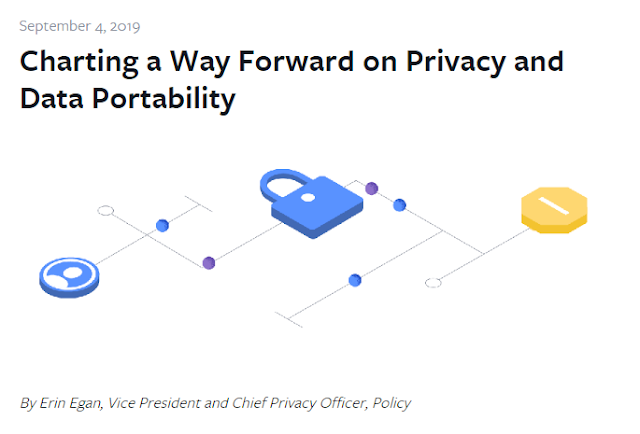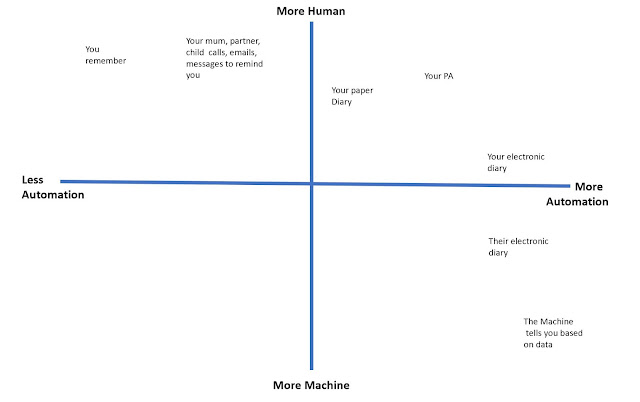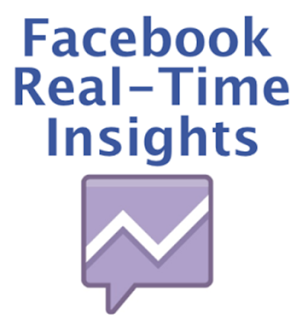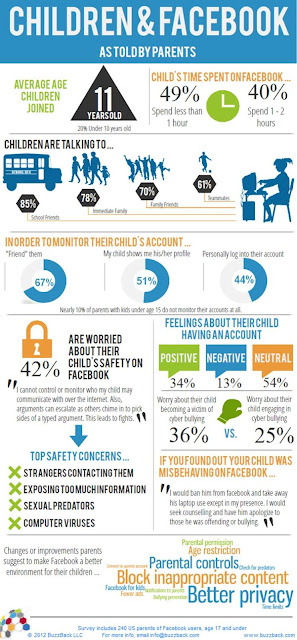Data Portability and Privacy

#facebook published “ Charting a Way Forward on Privacy and Data Portability ” on 4/10/19 however it is *not* a white paper but a document seeking free guidance and input. In their own words “To address these challenges, we’re seeking feedback and guidance from a wide range of stakeholders about how to build portability in a way that empowers people and fosters competition while maintaining their trust in online services” I have, like many others, given a lot of input over the years to Facebook for free via invites to brainstorms, private sessions and roundtables. In all cases massive promises are made by #Facebook about what next but they never deliver. No papers, no summary, no write up, no thanks – nothing. I set out my thinking on the #facebook data portability paper at the end as interest to those who might also read the paper. I have been exploring the topic of data portability for some time. This piece explores the strategic opinions for market models and the regulators stanc...











